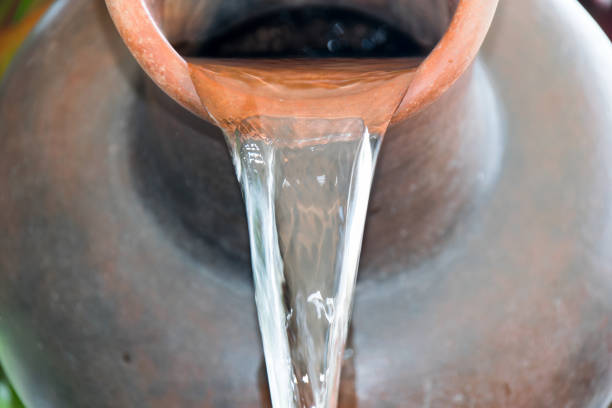Before you answer, let’s take a moment to acknowledge those not joining us in this new year.
Many have made their transitions in 2022, plunging us into the ministry of death, and flooding us with feelings of sadness and fear. The passing of personal loved ones and those in the public eye can be jolting as we confront the prospect of continuing life without them.
Even more than the feeling of grief is the tsunami of questions about our own mortality:
Am I ready? Have I made the most of the opportunities I have been given?
How have I prepared my affairs for those I am leaving behind to manage?
What mistakes do I regret, and how may I correct them?
Do the people I love know that I love them?
Did I live with integrity?
Am I proud of the content of my character and the state of my soul?
Can I transition from this body and this lifetime in peace and with gratitude?
The month of December is especially potent for me – my late mother’s birthday, my parents’ wedding anniversary, my late husband’s death, and now that of my husband’s son, very near the same date as his father. Though there are decades between the passing of the two, it is impossible to think of one without the other. Such was the unbreakable bond between them.
What my late husband and I had in common was our shared cultural and spiritual paradigm, one that he passed on to his young son before he died. We understood ourselves to be spiritual beings having a human existence. We knew we choose the circumstances into which we were born to explore the contrast of a matter-based existence, create in it and add vitality to the ever-expanding universe. While our bodies wear out, what is real in us does not.
In Japanese Buddhism, life is described like water, something that is poured in and out of our bodies, like moving from one container to another. From conception, we are gradually poured into the world, and they believe that one is not considered fully poured into until age seven.
Catholics confer First Communion at seven. The Dagara people of Burkina Faso place children with their grandparents until they are seven because they share proximity to the unseen realms since the child has recently arrived and the elders are on their way.
At age 12 or 13, Hebrew children go through a Bar or Bat Mitzvah, called Confirmation in the Christian church, and Rites of Passage in indigenous cultures, all to mark the entrance into reason and maturity.
Years pass. We continue to note certain ages as we grow further into and out of adulthood.
By the time we reach age 60, Buddhists hold that the slow process of pouring back out has begun. Western societies mark 65 as the start of the Senior years. Traditional cultures acknowledge Elders from 55 to 75, preferring leadership qualities over chronological age.
However, that dreamy mental absence we had as children is the same fogginess that comes back when we are old, as our waters scatter into streams.
So what is the opposite of death? It is not life, it is birth. Birth and death are but portals in the ebb and flow of the waters of life. There is no single moment when we start or stop.
Being present and conscious of what and where we are along our span of years adds clarity and richness to the lives we lead, and dignity and grace when we depart.






